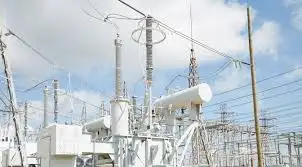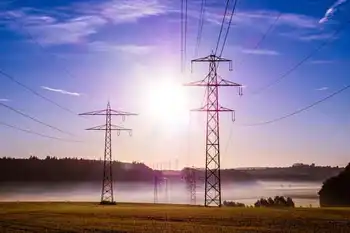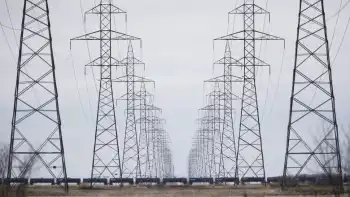U.S. beating Canada in green investments
By Vancouver Sun
NFPA 70b Training - Electrical Maintenance
Our customized live online or in‑person group training can be delivered to your staff at your location.

- Live Online
- 12 hours Instructor-led
- Group Training Available
The review by the Pembina Institute, an environmental research group, compared spending in both countries and suggests an increasing gap between the two governments on green investments.
The report says it factored currency exchange rates and the differences in population in the two countries in its calculation of per capita spending.
Overall, the analysis estimated nearly $27 billion in new investments for renewable energy, public transit and energy efficiency, based on the Obama administration's congressional budget request expected to be finalized in April. In comparison, the review said the new money announced by the Harper government in its 2010 budget adds up to $357 million.
"The federal government seems to be walking away from its responsibility in this area," said Tim Weis, director of renewable energy and efficiency policy, who prepared the analysis.
In the category of renewable energy sources such as wind, solar and geothermal technology, the Obama administration announced $9.4 billion in new spending versus $64 million by the Harper government, said the analysis.
It also estimated the U.S. was making $4.5 billion worth of new investments to promote energy efficiency in buildings and other areas compared with $293 million in similar federal investments in Canada.
In terms of new federal public transit investments, the analysis found $12.8 billion in new U.S. federal spending and no new federal money in Canada announced in the last budget.
Weis added the investments are important in the absence of regulations to cap pollution and ensure Canada meets targets set by government to boost levels of renewable energy and reduce emissions.
"We've had four years of delays on regulations and there's no serious plan to see regulations," said Weis. "It's a difficult investment environment when you don't know whether or not there will be regulations."
But the government said its budget and recent throne speech have reiterated its commitment to making Canada a "clean energy superpower."
"Canada's electricity supply mix is already one of the cleanest in the world and we plan on making it even better through regulation, not subsidies," said Frederic Baril, a spokesman for Environment Minister Jim Prentice.
Baril also highlighted the recent investments in the budget such as $100 million to encourage and support development of advanced clean energy technologies in the forestry sector, on top of ongoing investments in the existing economic action plan to invest $1 billion over five years to support clean energy research, and $1 billion over five years for major green infrastructure projects.











